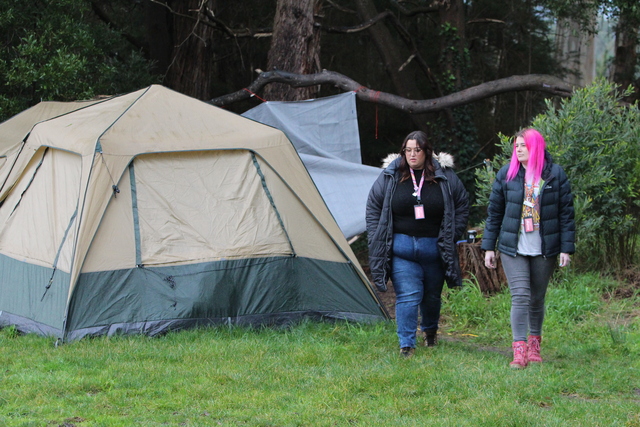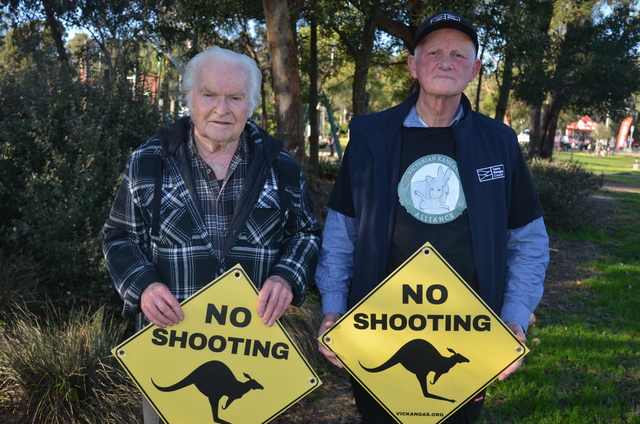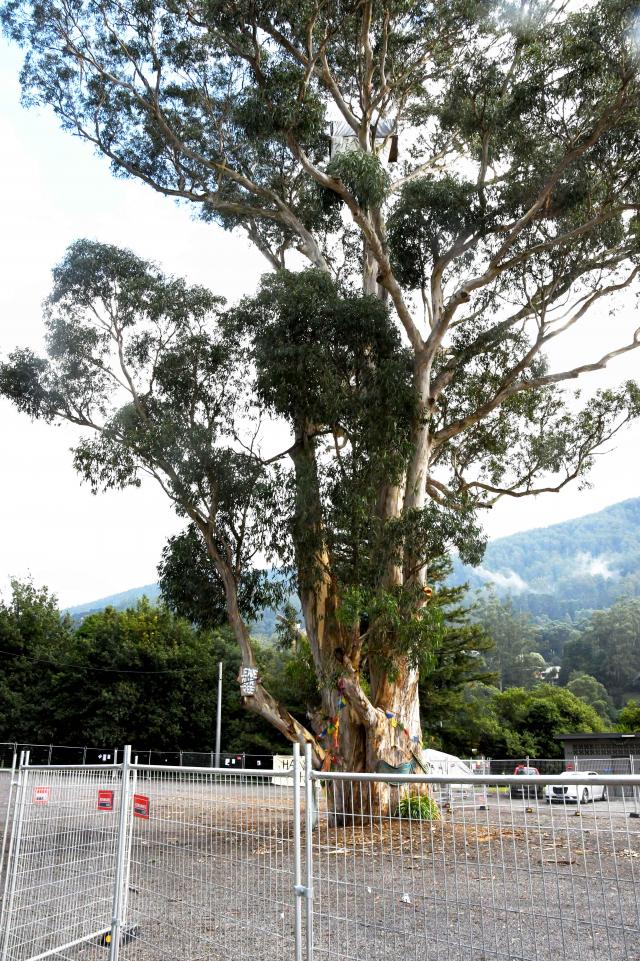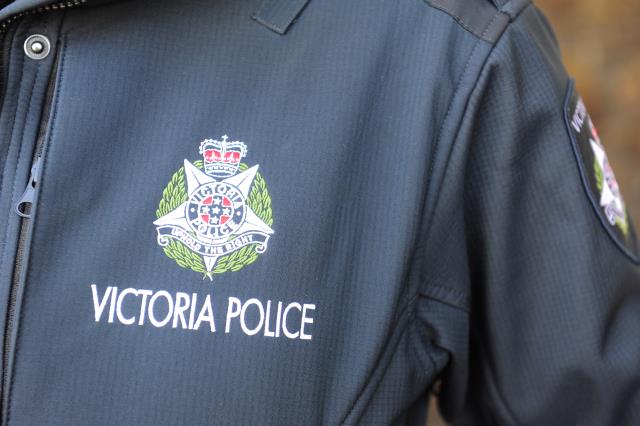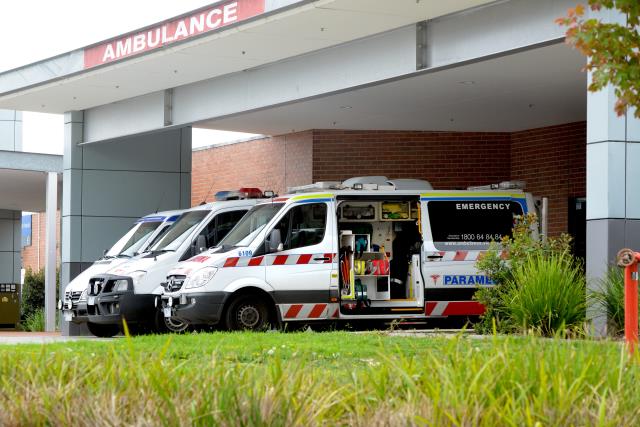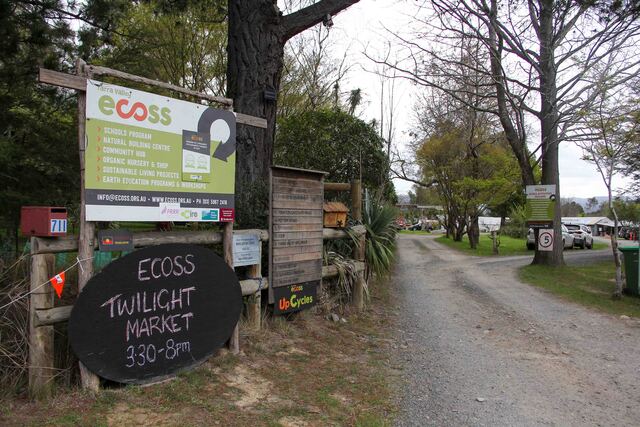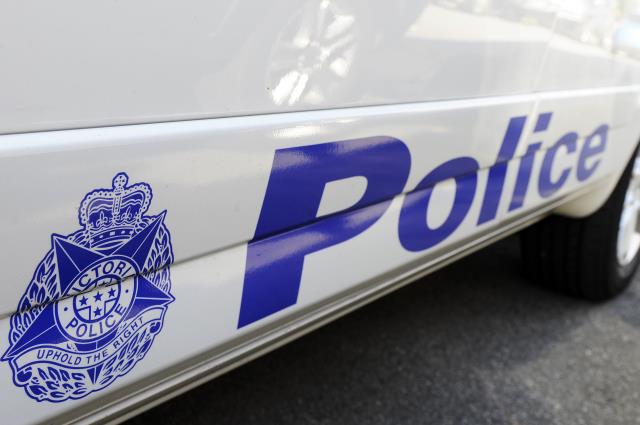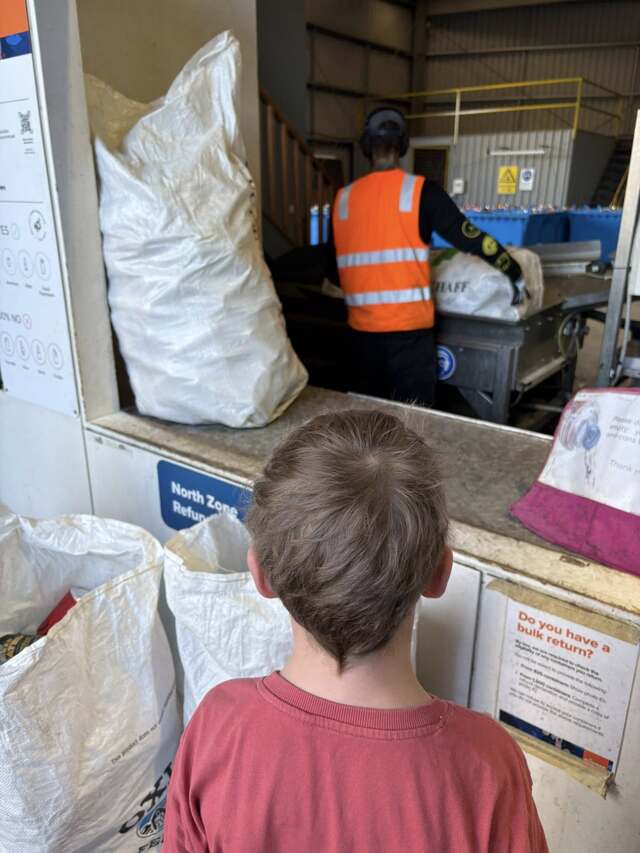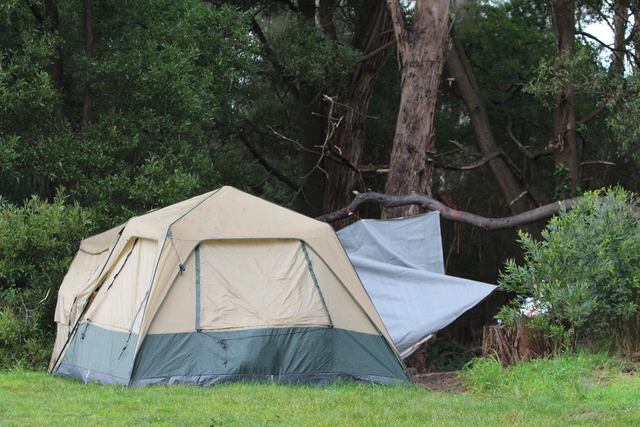A new feature report by the Australian Institute of Health and Welfare (AIHW) has delved into the outcomes of people who have received support from Specialist Homelessness Services (SHSs) over ten years and come back with damning findings.
The data was reported by over 1700 SHSs around the country to the AIHW and the latest releases looked into the cases of people who died within the year following attending a SHS and the scale of rough sleeping in Australia.
Chief executive of Anchor Heidi Tucker said the statistics show the grim reality of homelessness in Australia and Anchor stands with their SHS sector colleagues and demands more urgency from the government to address this national crisis.
“Chronic homelessness takes a large toll on people’s mental health and wellbeing. The feelings of complete desperation and hopelessness can result in suicide, as evidenced by these statistics, but more regularly, we see a lot of rough sleepers lacking an ability to provide self-care. This leads to a lot of worsening health problems and when combined with an experience of homelessness really lock them into a bad place,” she said.
“In the last 12 months, we have seen three people we are supporting in the Yarra Ranges die while experiencing homelessness.’’
“We see the heartbreak that their families and communities experience, it is incredibly hard on our staff as well, they turn up every day and put their all into supporting very vulnerable people in the middle of the worst homelessness crisis our country has ever known. They see the best in everyone and share in their journeys, so to lose a client is devastating.”
Around 12,500 people between 2012-23 and 2021-22 received SHS support in the last year of their lives and of the SHS clients who died during the length of the study, one in four had experienced rough sleeping within the last year of their life.
Ms Tucker said no one should be left behind in homelessness, and it absolutely shouldn’t be a death sentence and that they want to see more resources, including housing options for SHS services.
“The trauma and damage done by an experience of homelessness can impact people for the rest of their lives. Anchor’s programs and services prioritise supporting young people to heal and get the tools and skills they need to be able to leave their experience of homelessness behind,” she said.
“At a community level, it really shows the need for people to show compassion and care right now. There are many wonderful organisations and groups in our area that provide safety and comfort for people experiencing homelessness, including Anchor. They can be life-saving for someone experiencing homelessness,”
“We urge members of the public to support them, champion them and be proud of the community values that we have here in the Yarra Ranges.”
During the study period, the death rate for those who had presented to an SHS was 1.8 times higher than that of people who died during that time who hadn’t accessed an SHS, accounting for the age profile of the deceased. This was particularly pronounced for males, with 1301 men who presented to an SHS dying out of 100,000 compared to 595 per 100,000 for non-clients. Women who sought homelessness support were up to one to 1.4 times more likely to die than those who didn’t during that period.
Chief executive of the Stable One winter shelter network Katherine Kirkwood said these findings make her feel so, so sad, but unfortunately, she is not surprised.
“With zero crisis accommodation in the Yarra Valley, and the dramatic increase we see in rates of people seeking SHS, it is clear that the system is grossly underfunded,” she said.
“At Stable One, through our Yarra Valley Winter Shelter, our goal is to fill that gap as best we can by providing not only shelter but also connection and community, many of the causes of death listed in the findings can be summed up in two simple words – ‘social isolation’,”
“If more people chose to intentionally walk alongside those who are doing it tough, and intervene in this downward spiral, I’m certain we would see many more lives saved. Yes, it’s up to governments to better prioritise funding, but it’s also up to us as individuals in our community – we all can do something to help turn these awful statistics around.”
Accidental poisoning was the most common cause of death for SHS (14–20 per cent of deaths), followed by suicide (12–15 per cent) and coronary heart disease (6.2–8.6 per cent). They accounted for one in every six accidental poisoning deaths, one in every 20 suicides and less than one in every 100 deaths from coronary heart disease among all Australians.
Ms Tucker said housing is the main issue, but they have long called for more attention on funding and improving services including better funding for integrated approaches are vital to help homelessness, mental health, drug and alcohol, and health care services to support the complex needs of people experiencing homelessness.
“There is very little outreach offered by mental health and health services on the Yarra Ranges. To be able to adequately support rough sleepers in the Yarra Ranges you have to travel to them to make sure they are getting the services they need.”
“Our Rapid Response program can travel out to any rough sleeper location in the Yarra Ranges, but we would welcome greater partnership involvement from local health and mental health supports to help tackle the poorer health outcomes that those experiencing homelessness face.”
Of the 12,500 SHS clients who died, around 25 per cent were aged 45–54 at death and around 1 in 16 (6.3 per cent) were younger than 25.
Chief Executive of Holy Fools Neal Taylor said it seems time to examine the system of dealing with homelessness.
“When we are failing so many people and losing them to death and illness it is beyond acceptable,” he said.
“Our current system is failing nearly everyone that seeks help.”

